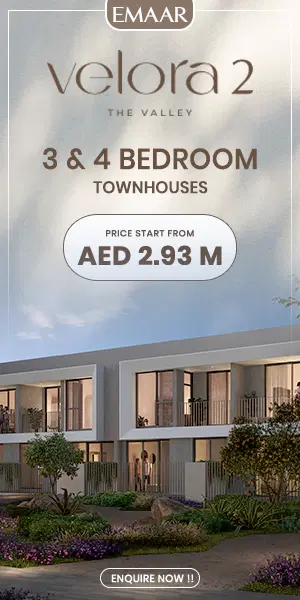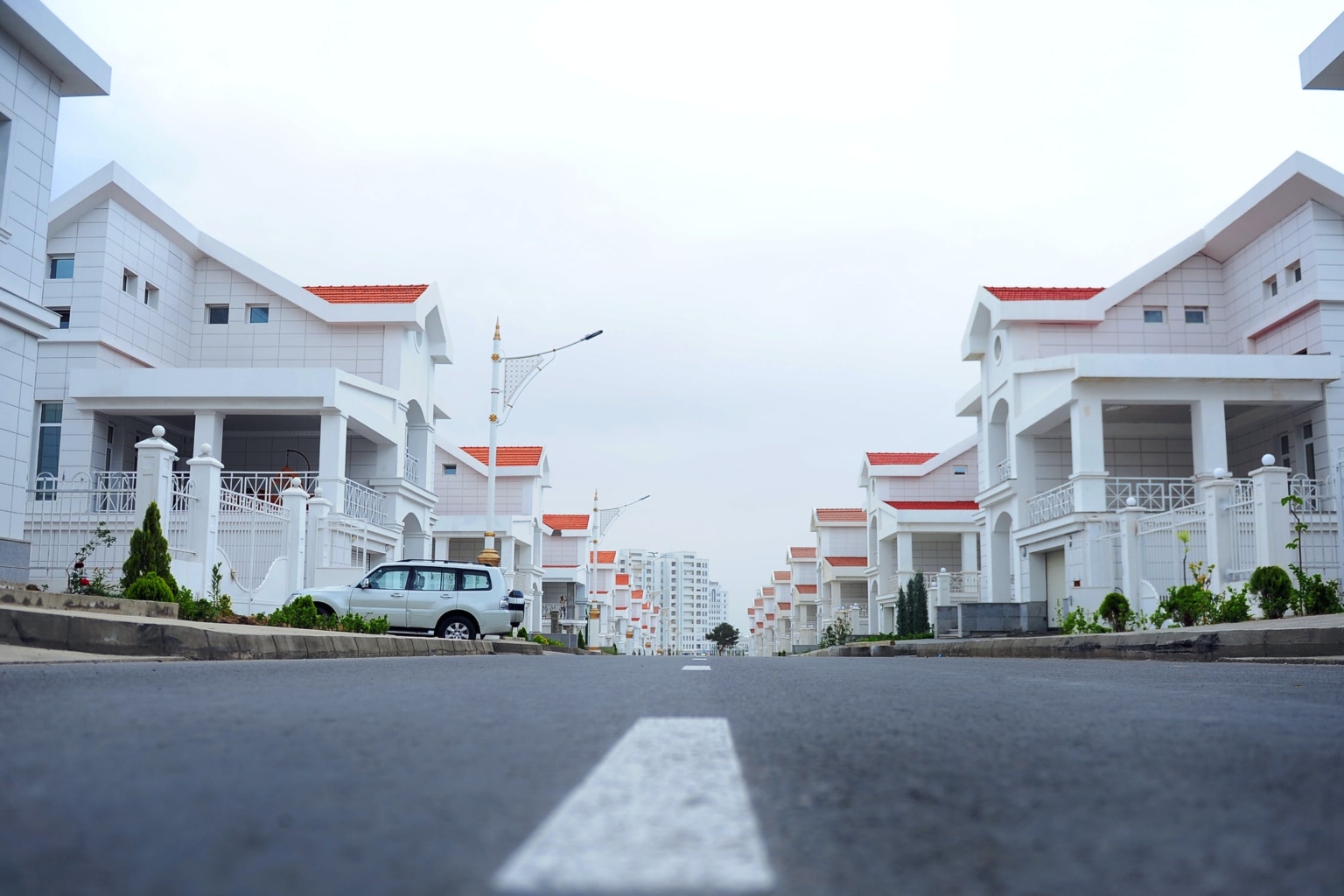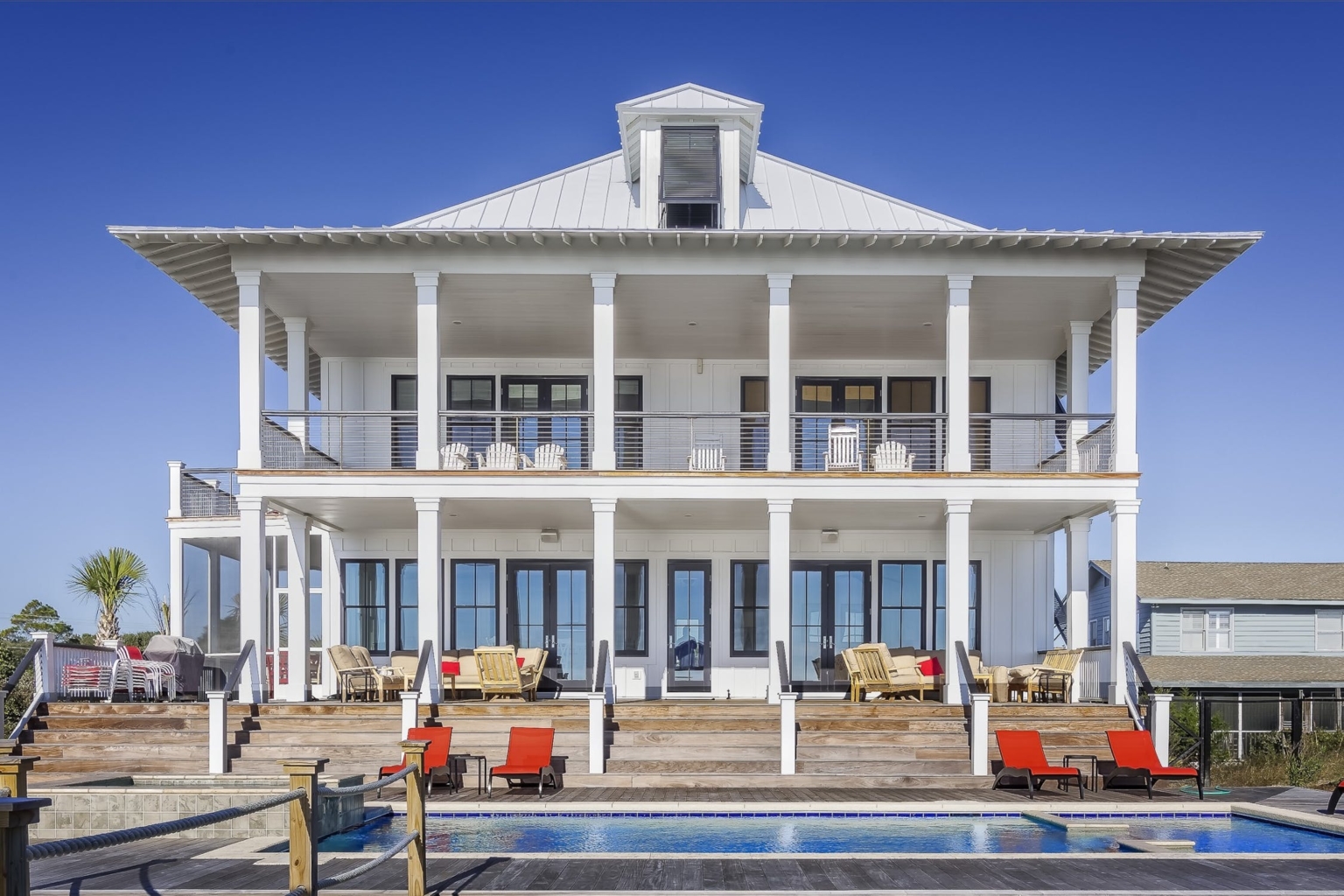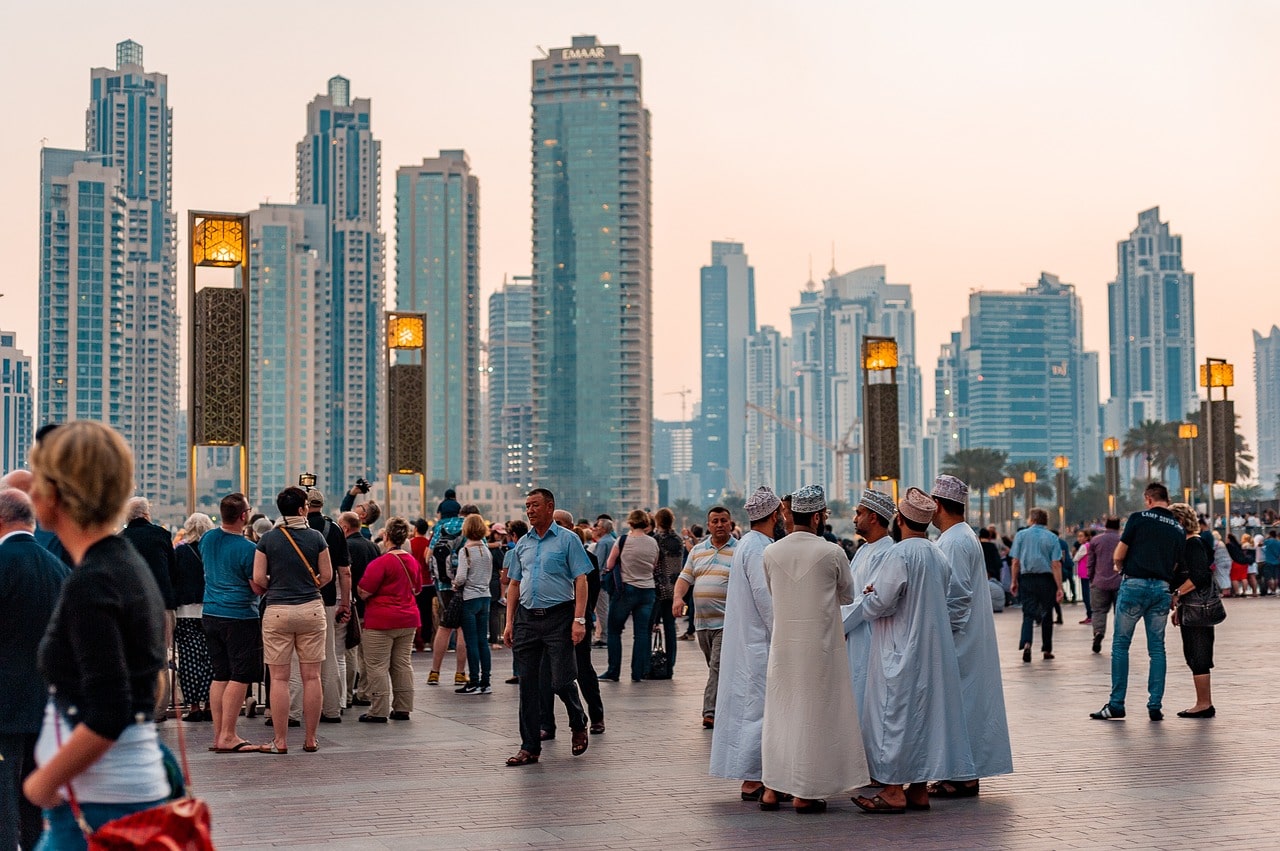A Comprehensive Guide for Non-UAE Expats Buying Property in Dubai
Buying real estate in Dubai as a non-UAE expat offers high rental yields, tax benefits, and an appealing lifestyle. This guide covers essential steps, from understanding ownership rules to navigating legal requirements, ensuring non-UAE expats have a complete resource to make informed investment choices in Dubai’s vibrant property market.
1. Why Invest in Dubai Real Estate?
- High Rental Yields: Rental yields in Dubai often range from 5-10%, higher than in many global cities.
- Tax-Free Investment: Dubai has no property tax or capital gains tax, making it attractive for long-term investments.\
- Stable and Growing Market: Dubai’s property market is bolstered by strong economic policies, infrastructure, and tourism.
2. Who Can Buy Property in Dubai?
Non-UAE Nationals: Foreigners, regardless of residency, can buy properties in designated freehold areas.
Types of Ownership:
- Freehold: Complete ownership of the property and land without restrictions, available in designated areas.
- Leasehold: Long-term lease (usually 99 years), granting usage rights but not ownership of the land.
3. Popular Freehold Areas for Expats
- Downtown Dubai: Known for Burj Khalifa views and luxury apartments.
- Dubai Marina: Ideal for waterfront living and high-rise apartments.
- Palm Jumeirah: Premium beachside villas and apartments.
- Jumeirah Lakes Towers (JLT): More affordable with high-rise options.
Each area offers distinct lifestyles and amenities, impacting property prices and potential rental yields.
Related: Discover Top Freehold Areas in Dubai for 2024
4. Understanding the Legal Framework
Dubai Land Department (DLD): The primary governing body for real estate transactions, managing property registration, fees, and regulations.
Ejari System: An online system to regulate rental contracts; landlords and tenants must register their lease through Ejari for official recognition.
Essential Documents:
- Sale and Purchase Agreement (SPA): The legally binding contract outlining terms between buyer and seller.
- Title Deed: Official document proving ownership, issued by the DLD.
- NOCs and Clearances: These are Required in some cases from the property’s developer, verifying there are no dues or encumbrances.
5. Step-by-Step Process of Buying Property in Dubai
- Step 1: Choose Your Property: Decide on the property type (villa, apartment, etc.) and location in one of the freehold zones.
- Step 2: Obtain Financing (if needed): Non-residents can secure a mortgage, but most banks limit the Loan-to-Value (LTV) ratio to 50-75%.
- Step 3: Draft the Sale and Purchase Agreement (SPA): Outlines the payment structure, timeline, and property handover terms. It’s advisable to have a legal advisor review the SPA.
- Step 4: Pay the Deposit: Typically, a 10% deposit of the purchase price is required to secure the property.
- Step 5: Complete Due Diligence: Conduct property checks, including verifying ownership, liens, and outstanding dues.
- Step 6: Register with the DLD: Officially register the sale through the DLD, paying a 4% transfer fee plus a small admin fee.
- Step 7: Transfer Title Deed: Once payments and paperwork are complete, the DLD issues the Title Deed, confirming you as the legal owner.
6. Financing Options for Non-Residents
- Mortgage Eligibility: Expats can obtain a mortgage, but options vary based on residency status and credit history.
- Down Payment: Typically 20-25% for residents and around 50% for non-residents.
Interest Rates and Terms: Rates for expat mortgages in Dubai typically range from 3-5%, with loan terms up to 25 years. Key lenders include Emirates NBD, HSBC, and Standard Chartered.
7. Costs Beyond the Purchase Price
- Dubai Land Department (DLD) Transfer Fee: 4% of the property’s purchase price, plus an admin fee.
- Agency Commission: Usually around 2% of the property value.
- Mortgage Fees: Some lenders charge processing fees, which are typically around 1% of the mortgage amount.
- Service Charges and Maintenance Fees: Property owners are responsible for annual maintenance fees, which cover communal areas, building upkeep, and amenities.
- 8. Navigating Taxation and Fee Structures
- No Capital Gains Tax: Dubai’s lack of capital gains and income tax on property rentals is a major advantage.
- Municipality Fees: These are small charges imposed in some developments, calculated based on property rental value or sales price.
9. Key Risks and How to Mitigate Them
- Market Volatility: The Dubai property market has seen fluctuations. Research market trends or seek expert guidance on timing and strategy.
- Legal Issues: Use RERA (Real Estate Regulatory Agency) certified agents and verified developers to avoid scams or disputes.
- Non-compliance Fines: Familiarize yourself with property rules, like Ejari registration, to avoid fines.
10. Managing Your Property and Rental Income
- Finding Tenants: Dubai’s rental market is competitive; experienced agents can help find reliable tenants.
- Property Management Services: Hiring a property management company can help handle tenant concerns, rent collection, and maintenance.
- Rental Yields and Payment Terms: Dubai generally follows a quarterly or bi-annual rental payment structure.
11. Selling Your Property as an Expat
- Procedure: Similar to buying, the property is listed with an agent or through online portals.
- Capital Gains and Exit Strategies: No capital gains tax makes flipping properties attractive, but it's best to assess the market for optimal selling times.
Seller Costs: Sellers may be responsible for agency fees and property preparation costs.
Top FAQs for Non-UAE Expats Buying Property in Dubai
1. Can I buy property in Dubai without UAE residency?
Yes, non-residents can purchase property in designated freehold areas without restrictions.
2. What fees should I prepare for besides the property price?
Beyond the purchase price, there’s a 4% transfer fee, agency commissions, and annual maintenance fees.
3. How long does it take to complete a property purchase?
The timeline varies but generally takes 30-60 days from signing the SPA to title deed transfer.
4. Is there financing available for non-UAE residents?
Yes, many banks offer mortgages to non-residents, though with higher down payments and interest rates.
5. Are there taxes on rental income or property sales?
No. Dubai does not impose taxes on rental income or capital gains from property sales.
Related:
Feature Properties
You Might Also Like
Stay in the loop Through our newsletter
Get to know about the latest real estate insights.
Popular Searches
Off Plan Projects
Popular Areas
About Us
Popular Searches
Off Plan Projects
Popular Areas
Next Level © 2026 All Right Reserved









